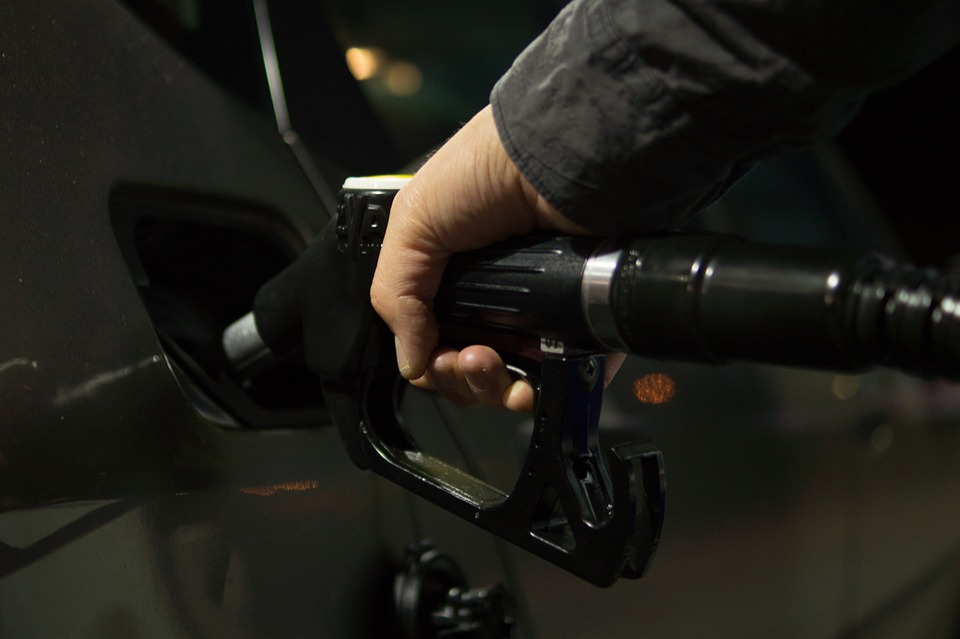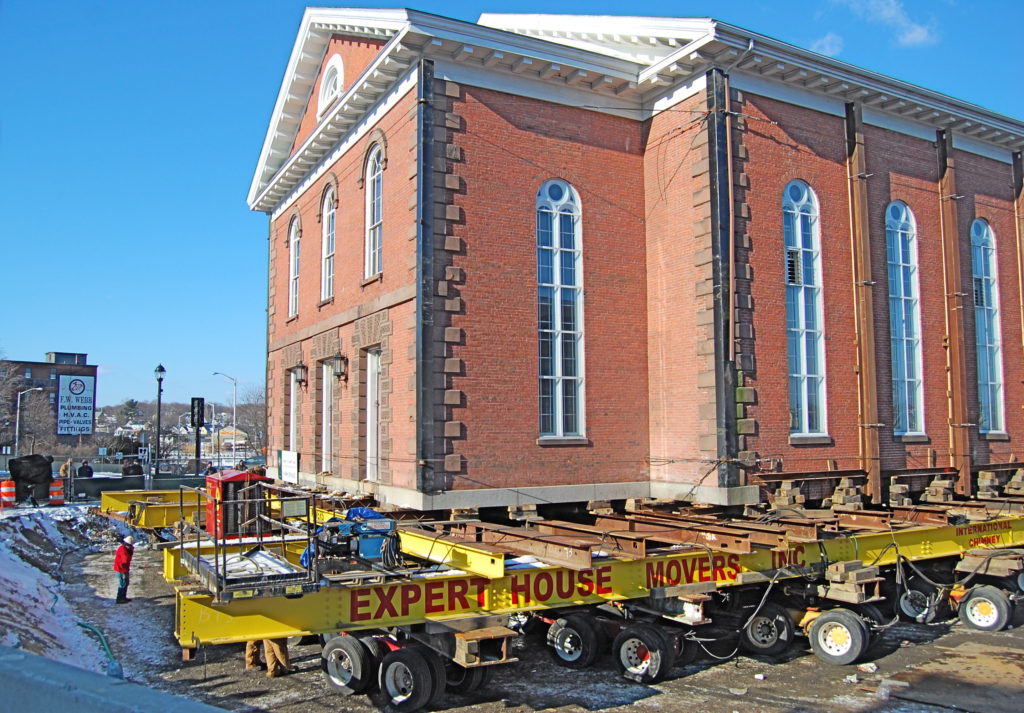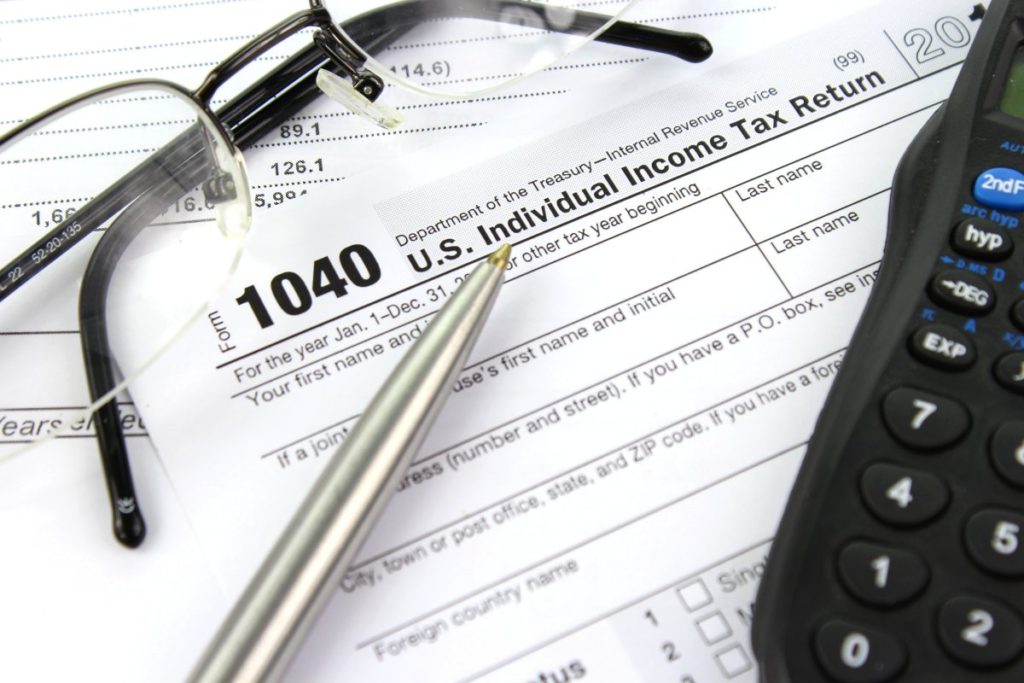
You’re an experienced small business owner. You have been the owner and operator of your taxi cab service for the last several years, and though ride-hailing apps have cut into the market, you’re still able to make a profit.
Being a realist, you understand (and have experienced) the ebb and flow of the economy. When times are tough, you cinch the purse strings, when times are good, you make fleet upgrades.
You have taken it upon yourself to budget well for your company whether the financial markets are at an all-time high or all-time low, and your employees are grateful to you for that. Your budget savvy means they don’t have to worry about being let go.
The one thing about the budget that really gets your goat is gas prices. Gas prices are in a constant state of fluctuation, and with Business Fleet telling fleet owners that “national average gasoline prices increase(ed) to $2.36 per gallon [since the] Memorial Day holiday,” the budget becomes a little tighter and your mood a little darker.
How can you keep your business going strong and your drivers happy if you’re feeling the pinch?
As you well know, it all starts with the budget. When was the last time you adjusted the budget?
The tax and accounting firm Dinesen tells small business owners that they can budget one of two ways:
–Create a yearly budget: “A budget is a management tool. If the middle of years arrives and [the SMB’s] projections are off, [leave] the budget as-is because it’s a way to gauge how well [the business is managed.]”
–Create a quarterly budget: A quarterly budget gives you the breathing room to adjust the budget. If Q1’s projections are off, you can alter and correct Q2’s budget to better reflect your earnings and cash flow and to shave off expenses that are not positively contributing to the business.
Fuel costs influence the budget, that’s just the way it is. However, fuel costs do not need to break your budget. If you take a look at projected fuel costs and compare what spent this quarter compared to last quarter’s, year-over-year, you can create a budget that works well and benefits your fleet.
Automotive Fleet says that the costliest mistake fleet owners make is not looking at the data. To optimize your operations and make informed decisions, investing in fleet telematics can provide valuable insights into your vehicle fleet’s performance and efficiency. When fleet managers don’t take into account rising gasoline costs (especially in a seemingly stable market) and the industry’s move to fuel-efficient/hybrid vehicles, they can get stuck where they are and eventually bury the company.
Just because gasoline prices have leveled off and have only raised slightly, that doesn’t mean that this time next year there’s not going to be a gasoline shortage. Jayme Schnedeker, the fuel product leader at GE Capital Fleet Services tells fleet owners that the “low-price [gasoline] environment, relative to previous years, is not something [he] expect[s] to persist in the long term. The lack of economic incentive for businesses and countries for sustained lower prices will likely result in oil production cuts or other market disruptions that cause prices to increase.”
This is why it’s vital to the health of your company to invest in fuel-efficient hybrid vehicles. Not only will fuel-efficient vehicles save you money on gas, they’ll net you a discount on your commercial auto insurance. Find that hard to believe? Go to CoverHound right now and compare the insurance price differences between a fuel-efficient vehicle and a gas guzzler.
The difference in price between the annual premiums are astounding, aren’t they?
You can save your business money and get a better handle on your budget by doing your homework and using new vehicle technologies; it could just push your business to the tippy top.


